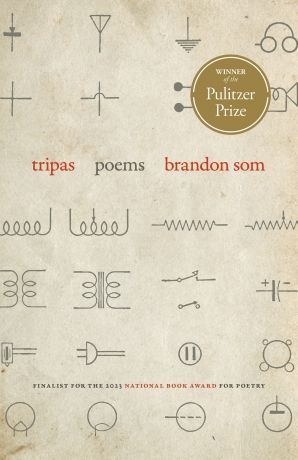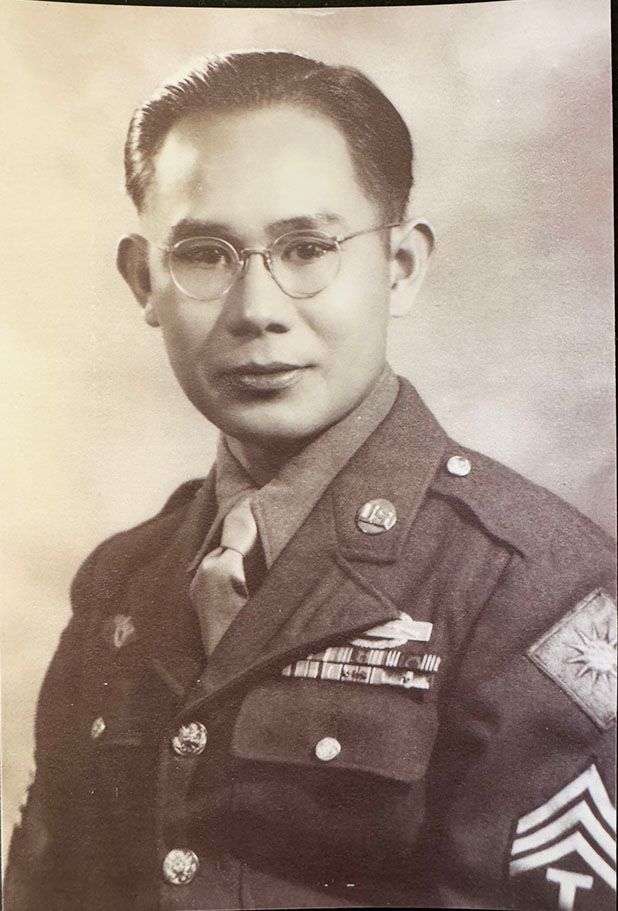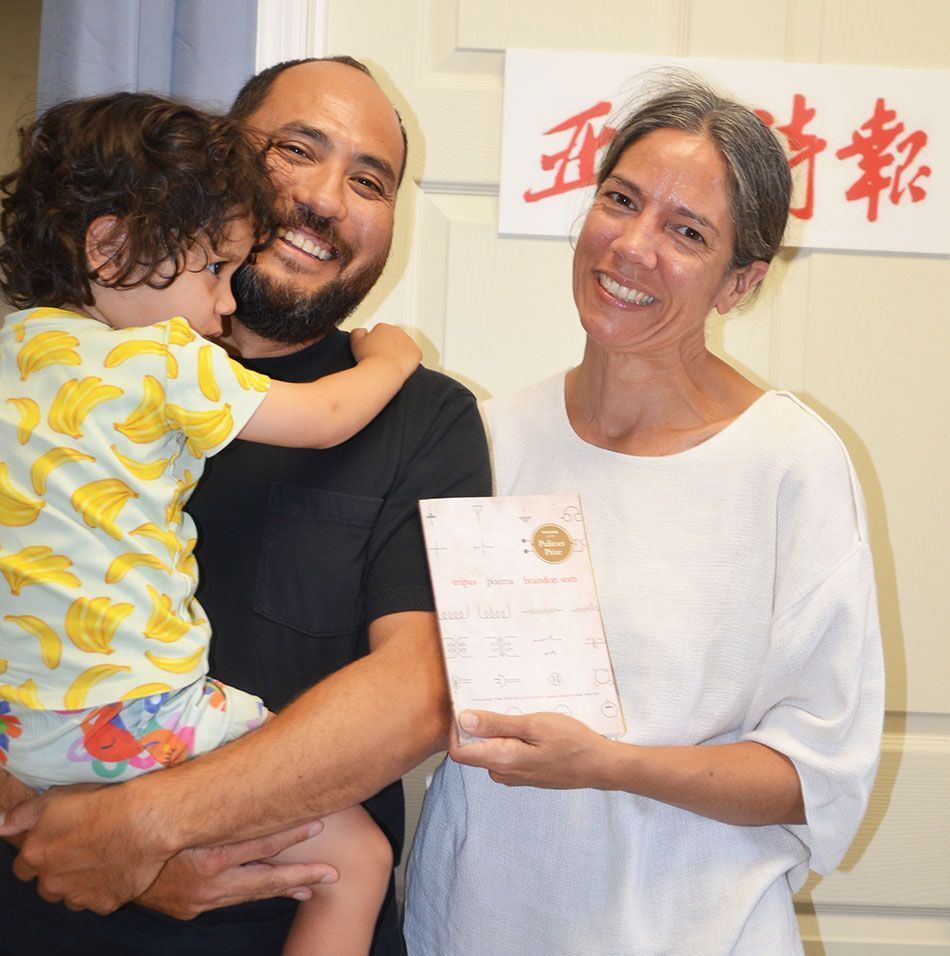Pulitzer Prize-winning poet Brandon Som: a dialogue between cultures and generations/By Juan Shu
In a remarkable journey through heritage, language,and memory,Brandon Som has carved a unique space in contemporary poetry.The celebrated poet,whose latest collection "Tripas:Poems"won the2024Pulitzer Prize in Poetry,continues to enchant readers with his profound exploration of cultural intersections and familial legacy.
Born on August13,1975,in Phoenix,Arizona,Som is of Mexican and Chinese descent,a rich heritage that permeates his work.He earned his Bachelor of Arts from Arizona State University,a Master of Fine Arts from the University of Pittsburgh in2002,and a Ph.D.from the University of Southern California in2014.Currently,he serves as an associate professor of literature and creative writing at the University of California,San Diego.

"Tripas:Poems,"published by the University of Georgia Press in2023,follows up Som’s award-winning debut"The Tribute Horse"(2014).The collection was also a finalist for the2023National Book Award for Poetry before clinching the Pulitzer Prize.The Pulitzer committee lauded the book for its deep engagement with the complexities of Som's dual Mexican and Chinese heritage, highlighting the dignity of his family's working lives and fostering a sense of community.
When asked about the title"Tripas,"Som explained its multifaceted significance."Tripas is a Spanish word meaning guts and intestines,"he said."It connects to food and labor within my cultures. It also resonates with the idea of circuitry.My grandmother worked on the assembly line at Motorola,and my father ran a corner store with a butcher counter.The‘tripas’symbolize these cultural and technological connections."
Som’s poetry intricately weaves the narratives of his transnational communities,bringing to light what is often overshadowed in the relentless pace of global capitalism.His work is a practice of"cómo se dice"poetics,a dialogic poem-making that listens to heritage languages and transcribes family memories.This approach places each poem’s ear toward a confluence of history,labor,and languages,enacting a kind of“telephone”between cultures.

In our conversation,Som reflected on his multicultural,multigenerational childhood home.He celebrates his Chicana grandmother,who worked nights at Motorola,and his Chinese American father and grandparents,who ran the family corner store.His grandfather,the first generation of his Chinese family to move to the U.S.,arrived in1928,setting the stage for the rich cultural tapestry that would influence Som's life and work. His poems are a ledger of love that traces and extends the harmonics of English, Spanish,and Chinese,and the people in his family whose labor and language are inextricably linked.
Som’s personal life is as rich and fulfilling as his professional one.He enjoys spending time with his three-year-old son and his wife,cherishing the moments they share together.
Reflecting on his Pulitzer Prize win,Som expressed his surprise,excitement,and honor." It's an incredible recognition,"he said,"and it motivates me to continue exploring the themes that matter deeply to me."
"What is it we keep?What is obsolete?"Som asks through his poetry."Tripas: Poems"shows us the insides of conversations,family lineage,and technological objects,connecting everything—the wires,the piecework, the echoes of history.His poems are fragments found,heard,and recorded,bridging distances and bringing us closer to the essence of human experience.
Brandon Som continues to inspire with his lyrical exploration of heritage and identity,and "Tripas:Poems"stands as a testament to the enduring strength and beauty of cultural interconnectedness.

